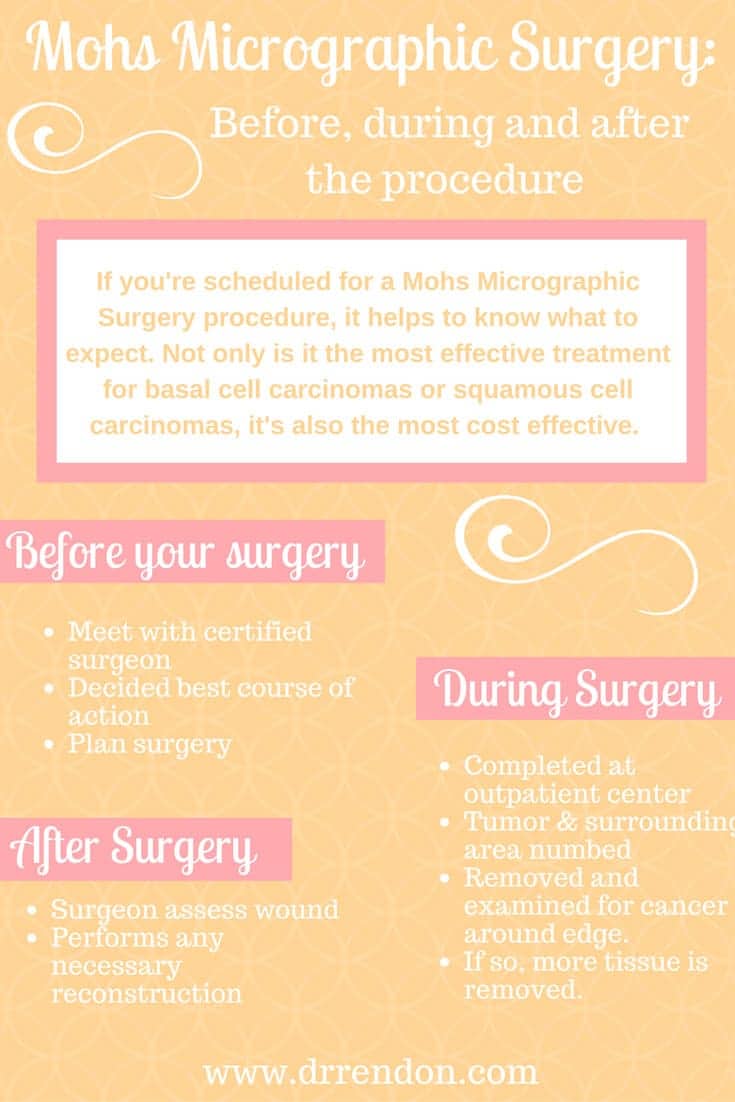Contrasting Prescription And OTC Acne Treatments: Which Is Better?
Contrasting Prescription And OTC Acne Treatments: Which Is Better?
Blog Article
Produced By-Hammer Keegan
Did you know that nearly 85% of people experience acne at some point in their lives? When you're confronted with this usual skin problem, determining between prescription and over-the-counter (OTC) therapies can be tricky. Each alternative has its very own set of benefits and drawbacks, which can significantly influence your skin's health. So, just how do you identify which treatment lines up finest with your needs? Understanding the key distinctions and what they indicate for your special circumstance may just hold the answer.
Secret Differences In Between Treatments
When it pertains to acne treatments, understanding the key distinctions can make a substantial influence on your skin's wellness.
You'll discover two main classifications: non-prescription (OTC) and prescription therapies. OTC alternatives, such as benzoyl peroxide and salicylic acid, are conveniently offered and have a tendency to be less extensive. They commonly function by unclogging pores and lowering swelling, making them appropriate for moderate to moderate acne.
On the other hand, prescription treatments normally include stronger energetic components, like retinoids or anti-biotics, and are tailored for a lot more severe situations. These treatments commonly need a dermatologist's support, permitting them to target specific skin problems properly.
The toughness and formulation of prescription options can cause quicker results yet may likewise include a higher danger of adverse effects.
You must also consider your skin kind and any sensitivities when choosing a therapy. For example, if you have delicate skin, OTC therapies might be a gentler starting factor.
Inevitably, knowing these differences helps you make educated options concerning your acne treatment trip and leads you towards more clear skin.
Benefits and drawbacks of Prescription Choices
Prescription options for acne treatment come with both benefits and negative aspects that you must weigh carefully.
One significant pro is their effectiveness. https://www.dermatologytimes.com/view/tips-to-train-nps-pas-in-neuromodulators-dermal-fillers contain greater focus of active components, which can lead to faster and much more effective results compared to over the counter (OTC) products. You may additionally locate that prescriptions are tailored to your certain skin type and acne extent, giving a more individualized strategy.
On the other hand, these treatments can include considerable drawbacks. For one, they might have negative effects varying from mild irritability to much more severe complications, which you require to monitor carefully.
In addition, prescription treatments can be more costly, specifically if your insurance coverage does not cover them. You could additionally encounter challenges in getting a prescription, as it requires a see to a healthcare provider, which can be time-consuming and inconvenient.
Benefits of OTC Treatments
OTC treatments typically provide a convenient and easily accessible solution for taking care of acne. You can quickly find these products in drug stores, grocery stores, or online, making them conveniently available without a prescription. This accessibility indicates you can begin your acne therapy whenever you need to, without waiting for a doctor's consultation.
https://reconstructive-surgeon87531.blogpayz.com/32262194/effective-acne-treatment-discover-the-most-effective-solutions-for-clear-skin of OTC treatments is their affordability. Numerous over the counter choices are economical, enabling you to discover different solutions without breaking the bank. You can try different products to see what works best for your skin kind.
OTC therapies additionally come in a variety of formulas, including gels, creams, and cleans. This range enables you to select an item that fits your way of living and preferences. Several include active components like benzoyl peroxide or salicylic acid, which are effective in dealing with acne.
Lastly, you have the freedom to adjust your regimen based on your skin's feedback. If one product isn't working, you can quickly change to an additional without a prolonged appointment process. This adaptability encourages you to take control of your acne management trip.
Verdict
Ultimately, choosing between prescription and OTC acne treatments truly boils down to your special skin requirements and circumstances. While prescriptions could feel like the golden ticket for swift outcomes, OTC alternatives supply an even more accessible path, allowing you take control of your skin care trip. Welcome the versatility of OTC products or take into consideration the tailored approach of prescriptions-- either way, you're taking a positive step in the direction of more clear skin and boosting your confidence along the road.
